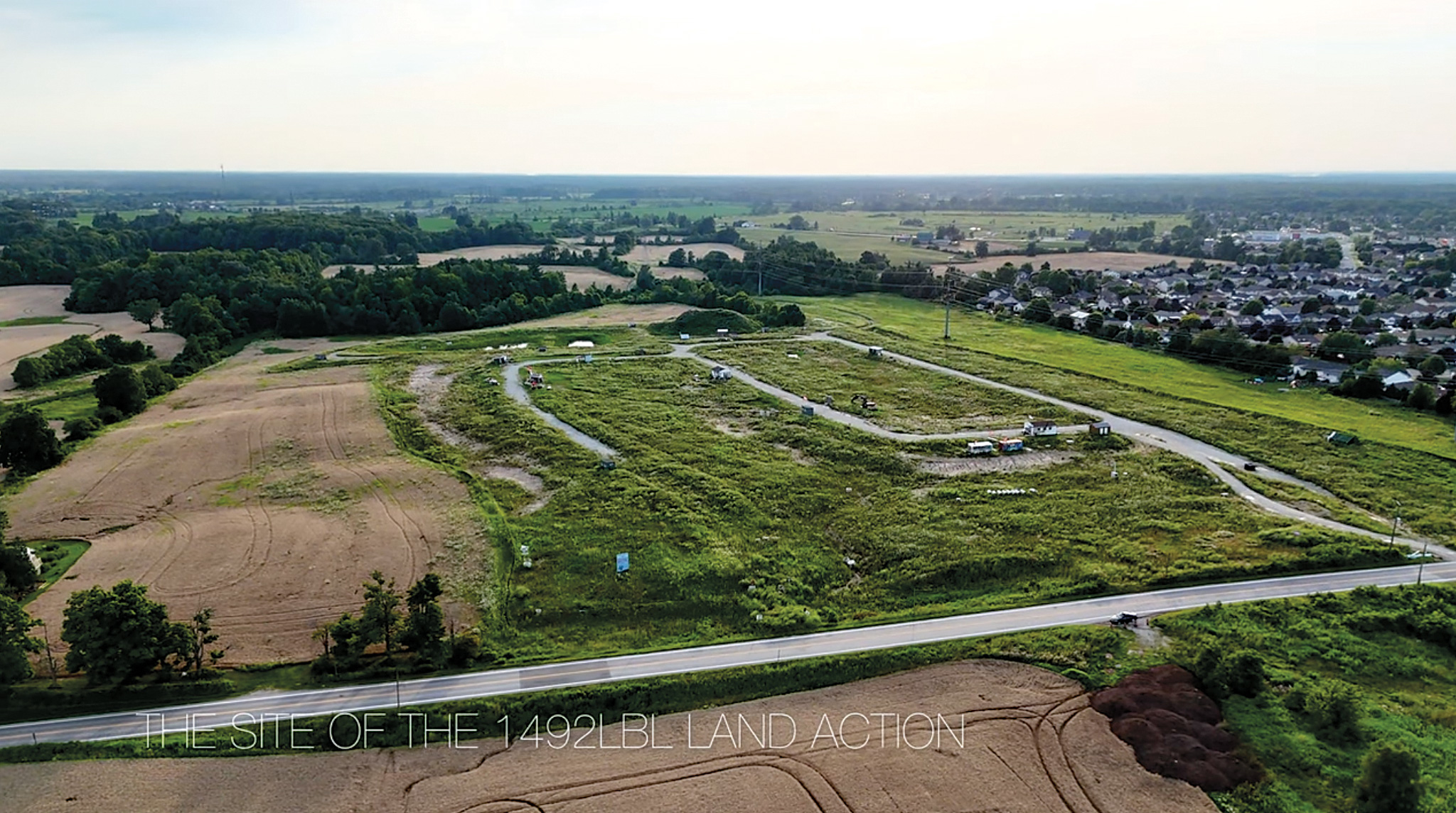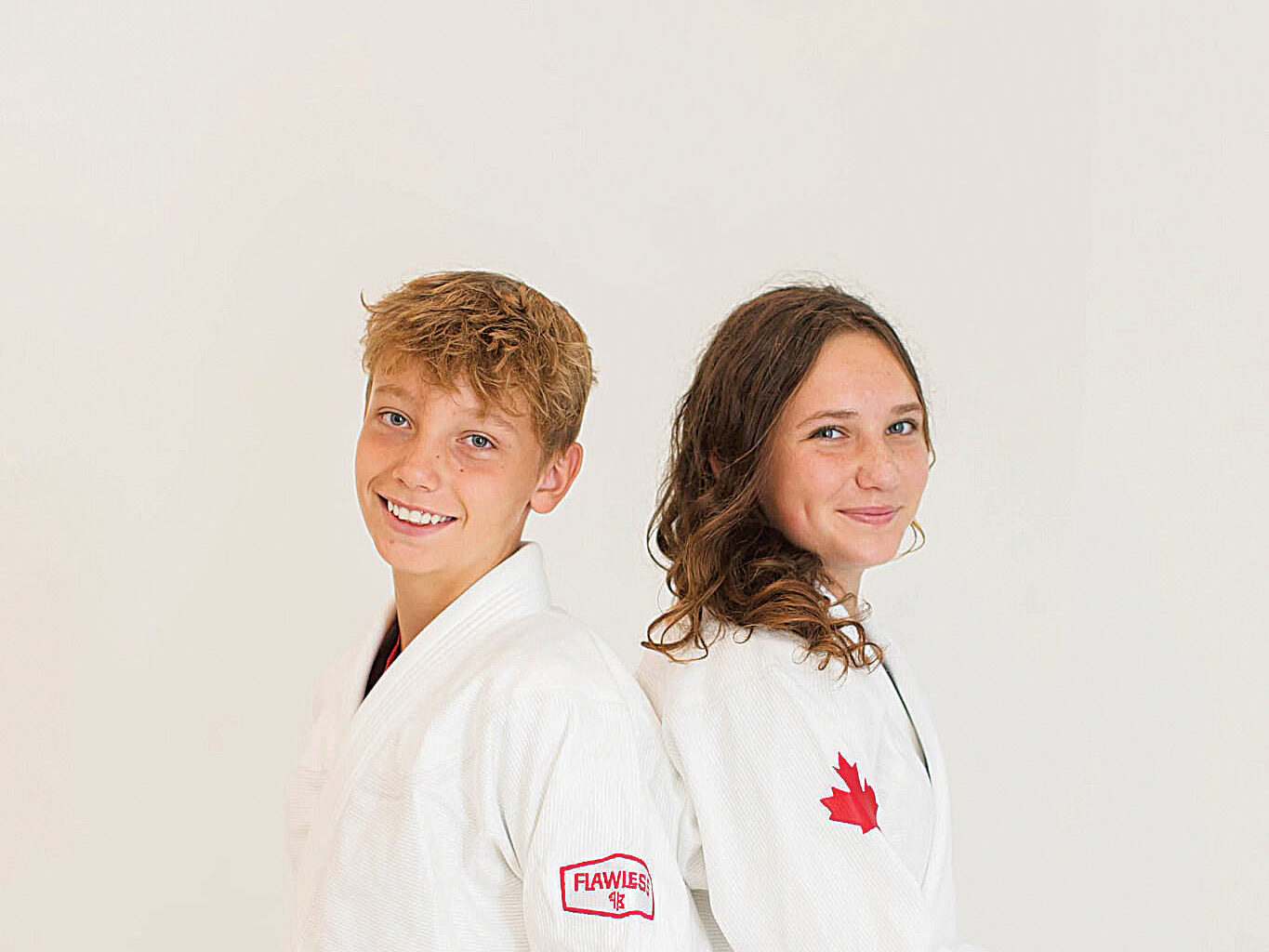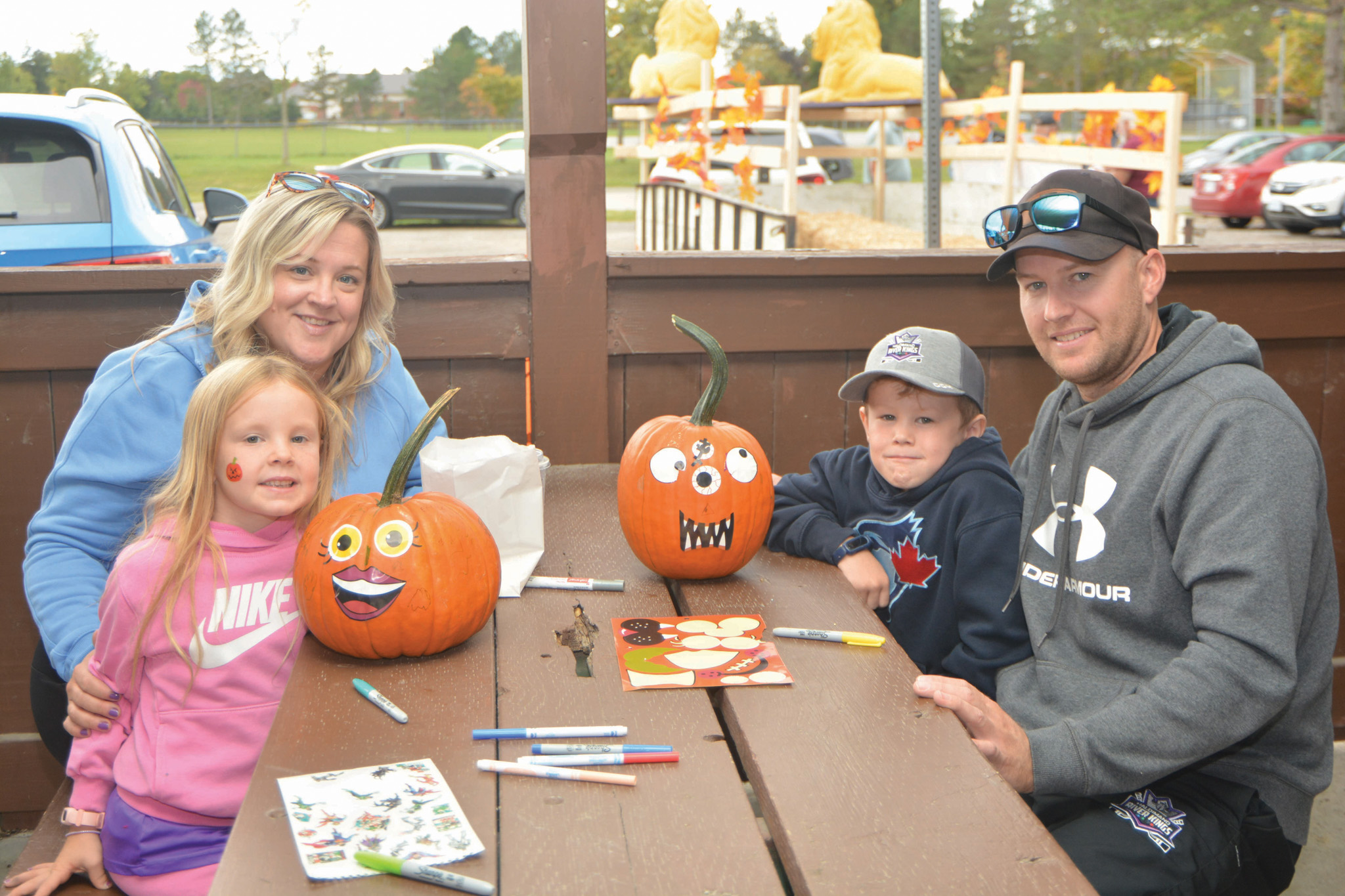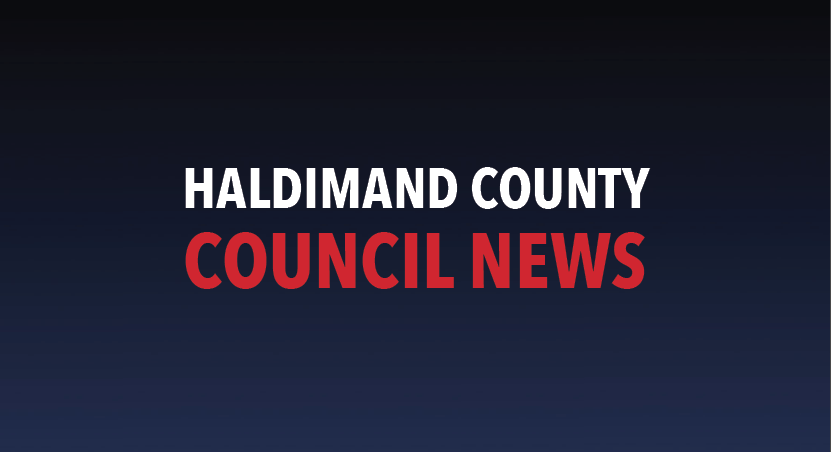CALEDONIA—Anika Griffin, a 17-year-old Grade 12 student at McKinnon Park Secondary, is passionate about Canadian politics. This year she took part in a youth roundtable assembled by Young Politicians of Canada (YPC) for a report listing the top federal election priorities for young Canadians.
YPC describes themselves as a “youth-run non-profit organization that engages young Canadians in democracy through placement opportunities, youth governance, and education.”

CEO Jaden Braves, 16-years-old, said there are “big concerns that are being ignored by all the major political parties…. Young people in Canada are focused on issues that impact them today, but also policies that will ensure they have a sustainable and prosperous future.”
The final report lists 11 top priorities – the culmination of the cross-country effort of 3,815 young Canadians. Those priorities are:
- Expand access and reduce financial barriers to education
- Address unemployment and create career opportunities
- Address intersectional social impacts on youth in Canada
- Address the climate crisis
- Expand affordable and sustainable housing for youth
- Prepare for further integration of AI in the daily lives of Canadians
- Address the mental health, addiction, and violence crisis in Canada
- Address the reproductive and menstrual health crisis in Canada
- Address the clean water crisis on reserves
- Transition animal agriculture to plant-based alternatives
- Combat polarization in Québec youth
Griffin came across YPC online and began working with them last November as she is “passionate about politics”.
She described the roundtable discussions as an informal process, where participants would gather, discuss several issues, and then narrow those down collaboratively.
“Everyone listed stuff that was personal to them, and it was interesting to kind of pull from their experiences and what they see as issues,” said Griffin.
She was surprised by the prevalence of AI as a talking point in that discussion, but noted, “I do think it’s important to mention, because it’s emerging, it’s new, there’s a lot going on there.”
She believes all 11 YPC priorities are “really important” and representative of the diverse group that formed them: “We all come from different backgrounds, have had different experiences, from very different communities.”
Griffin herself suggested the issues of the clean water crisis and of mental health and addictions, the latter of which was ultimately combined with the issue of violence through a suggestion from another participant.
“Those two really stand out to me, especially the clean water crisis because of its urgency. I think it’s something that should have been dealt with a really long time ago,” she said.
She noted the impacts of mental health, addiction, and violence in her personal life, adding, “Living close to the reserve and having friends and family there, the issue is exacerbated in Indigenous communities for sure.”
“I am passionate about politics and passionate about change, mostly about Indigenous issues because I think there’s a lack of representation,” she continued, noting her perspective and experiences as someone with an Indigenous father and Caucasian mother.
Moving forward, Griffin intends to pursue politics through her post-secondary education and will begin her Bachelor of Arts studies in Ottawa next year.
Griffin pays a lot of attention to political discussions online, noting, “It can often feel like young people are targeted in those conversations online…. I wish more people would pay attention to the way that politics divides us, because it’s not positive and it doesn’t lead to positive progress.”
She noted online discourses around major political leaders, with posts for every party seeing “a flood of comments and they’re all so different”. She is tired of the aggressive division she sees, calling for less finger-pointing and more constructive conversations.
She also hopes more politicians will pay attention and listen to the concerns shared by young people across the country.
“The youth voices of now are the voices of the future. It sounds cheesy, but it’s true. It’s important – the decisions we make now are going to shape the future,” concluded Griffin. “It’s also really important for politicians, changemakers, policymakers to know that youth aren’t just thinking about these issues, they’re actually affected by them and want to see the changes made.”





